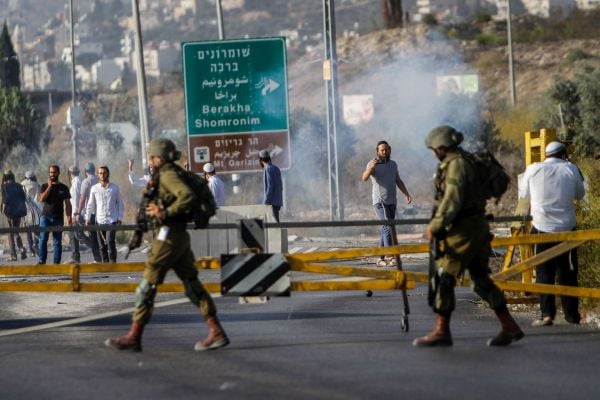The ban is expected to be implemented as early as this week.
By Vered Weiss, World Israel News
At a meeting in Jerusalem on Thursday, U.S. Secretary of State Anthony Blinken informed Israeli Prime Minister Benjamin Netanyahu that the Biden Administration will soon impose visa restrictions on Israelis living in Judea and Samaria whom the administration has categorized as “violent settlers.”
The ban, which was first proposed by President Joe Biden in an op-ed published by The Washington Post earlier in the month, is expected to be implemented as early as this week.
The U.S. will publish the number of settlers who will be banned, but not the names, under the idea that anonymity will prevent a scenario in which those who are already aware of being on the blacklist may engage in further violence.
During a press conference, Blinken said, “We’re looking to the Israeli government to take some additional steps to really put a stop to this. And at the same time, we’re considering our own steps.”
The French Foreign Ministry has also proposed a similar type of ban to prevent Israeli residents of Judea and Samaria who have been implicated in violence from entering the European Union.
An Israeli official has reported that most of the alleged violence has been perpetrated by a small nucleus of several hundred people, some of whom have been arrested in the past few weeks.
Despite the Biden Administration’s claims, according to JNS, since October 7th, there has been a decrease of almost 50% in incidents in which Jews engaged in violent offenses in Judea and Samaria.
In the period from Oct. 7, when the war began, and Nov. 7, there were 97 incidents of illegal activities attributed to Jews in that area, down from 184 offenses in the same period in 2022.
The decrease is observed across the whole spectrum of offenses: violent clashes (20 compared to 53), “popular terrorism” (47 compared to 103), violent attacks (five compared to 10), assaults on security personnel (four compared to 10), and agricultural vandalism (97 compared to 184).





